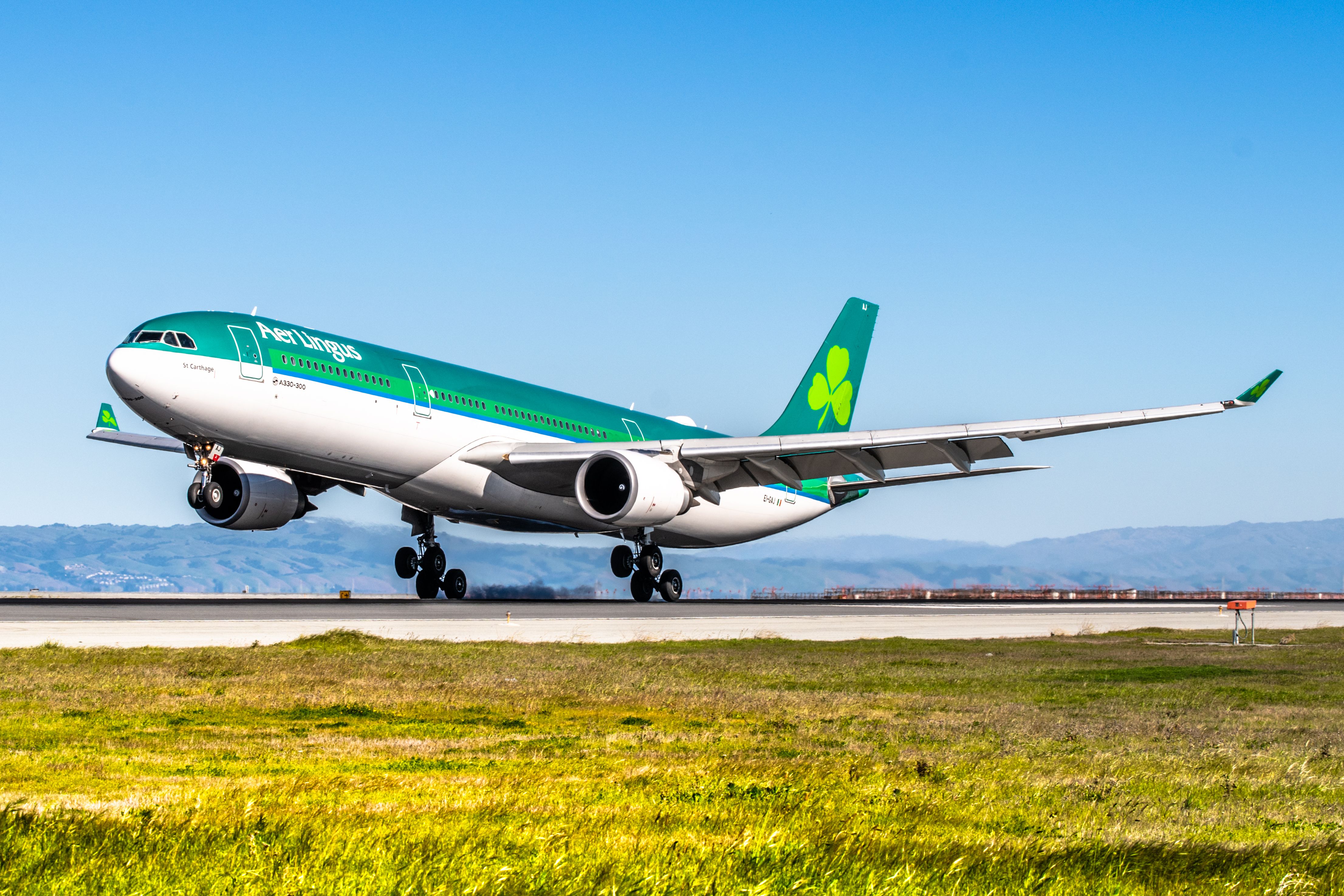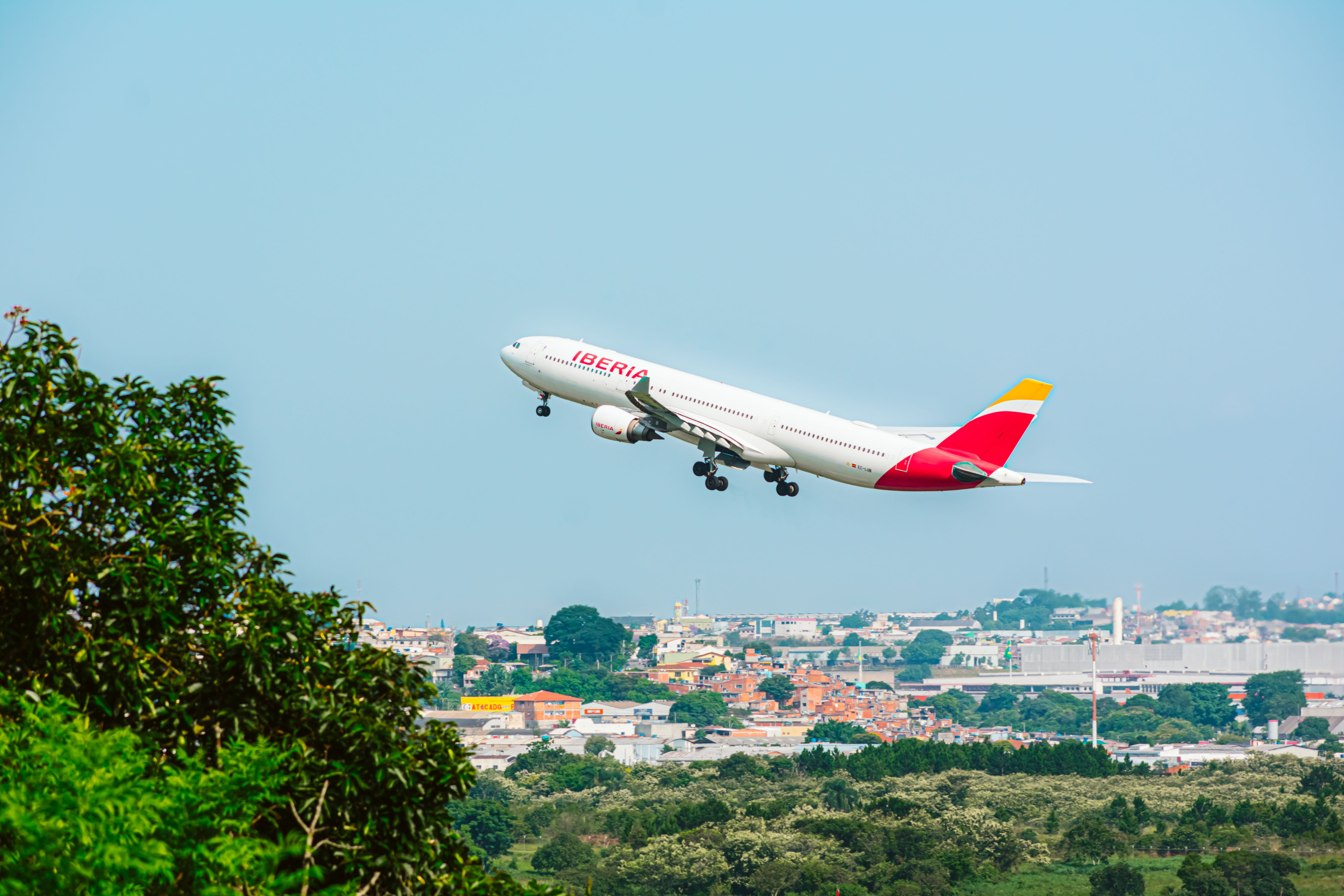The International Airlines Group's (IAG) freight division is the latest to announce a substantial agreement for the uptake of sustainable aviation fuel. IAG Cargo has partnered with Swiss logistics and transport company Kuehne+Nagel to purchase eight million liters of SAF produced in the UK, specifically at the Phillips 66 Humber Refinery in Lincolnshire. Perhaps unsurprisingly, it is the same facility contracted to supply IAG carrier and UK national airline British Airways with SAF for flights out of a number of domestic airports.
As a Group, IAG was the first to commit to a goal of using 10% SAF by 2030. While the industry is getting more and more excited about synthetic fuels, in order to reach such intermittent targets, airlines will need to rely on the scaling up of biofuel production. The SAF coming out of the Lincolnshire facility is manufactured from sustainable waste feedstocks or so-called advanced biofuel. This can reduce CO2 emissions by around 80% compared to fossil-based fuel over its lifespan.
John Cheetham, Chief Commercial Officer at IAG Cargo,, commented,
"Sustainable aviation fuels are supporting the industry to significantly lower carbon emissions and we know reducing carbon footprint is important for our customers, colleagues and partners. I’m delighted that we are once again collaborating with Kuehne+Nagel. This is an important next step in our commitment to reducing our impact on the environment. Partnerships like these are key as we continue to look at ways to support sustainable air cargo.”
A long road ahead
IAG Cargo first partnered with Kuehne+Nagel last year to power a charter chain of 16 flights from Stuttgart, Germany, to Atlanta, Georgia. In response to a growing demand for less polluting transportation options, Kuehne+Nagel has thus far sourced 21 million liters of SAF for its clients. According to Statista, in 2019, the airline industry guzzled up about 96 billion gallons (close to 432 billion liters) of fuel, so you can see how there is a long way to go.
Nonetheless, even an Odyssey begins with the stroke of an oar. With environmental, social, and governance (ESG) reporting becoming part and parcel of investor relations for most companies, the corporate world is hard-pressed to lower emissions across the whole values chain. Yngve Ruud, Member of the Management Board of Kuehne+Nagel and responsible for Air Logistics, said,
“We continue to prioritise measures that facilitate a transition to a low-carbon business model, ours and our customers'. By securing another significant amount of Sustainable Aviation Fuel together with IAG Cargo, we are reaffirming our commitment to the long-term transformation of the industry and readiness to drive it.”
Heading towards new revenue records
Despite a couple of intensely challenging years, the air cargo industry has thrived. IAG Cargo is coming off of a record 2021, and for its first quarter this year, it posted revenues of €432 million ($455 million), a 23.4% increase compared to the same period the year before. Hopefully, it will keep putting the money to good use with more investments into sustainable operations.
Source: Statista

-G-VIIN.jpeg)

